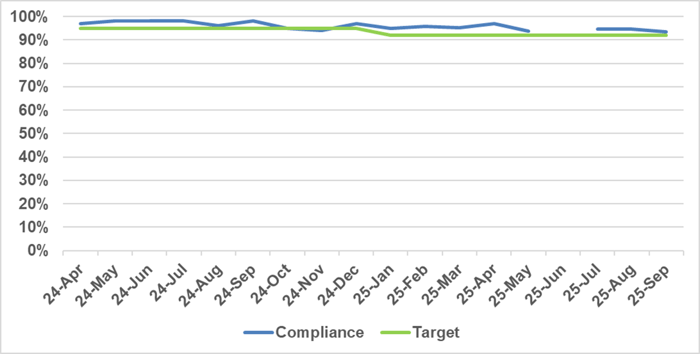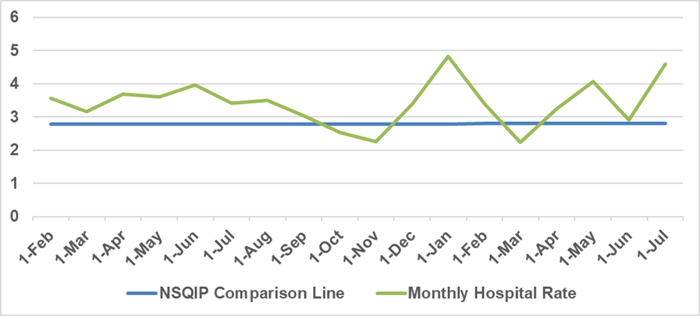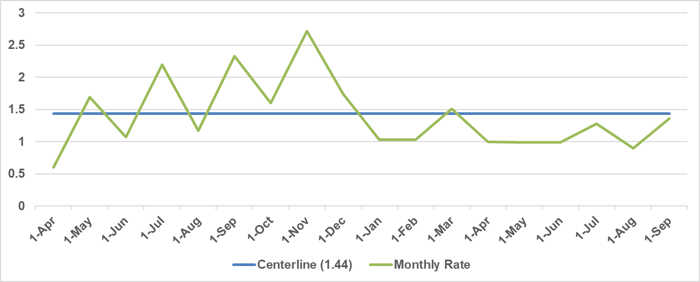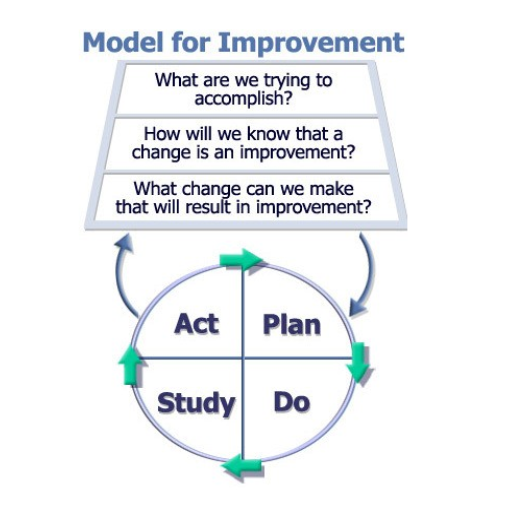Children’s Wisconsin is committed to providing the best and safest care. We believe these factors define the best and safest care or quality.
- Safe: Preventing injuries from the care that is meant to help.
- Timely: Ensuring care is timely or delivered without avoidable delays.
- Effective: Providing services based on scientific knowledge to all who could benefit and refraining from providing services to those not likely to benefit (avoiding underuse and overuse) — doing the right thing for the right person at the right time.
- Efficient: Avoiding waste, in particular waste of equipment, supplies, ideas and energy
- Equitable: Providing care that does not vary in quality due to personal factors such as gender, ethnicity, geographic location and socio-economic status.
- Patient-centered (Child/Family/Client): Providing care that is respectful of and responsive to what individuals prefer, need and value. Ensuring what our patients, families and clients value guides our decisions.
When based on the current professional knowledge, these factors increase the likelihood for the best health outcomes. Some of the most important ways we demonstrate the best and safest care are by cleaning our hands and reducing infection.







